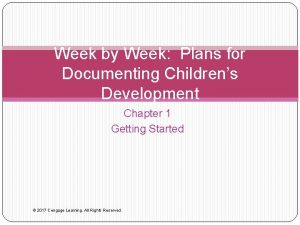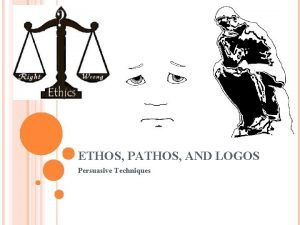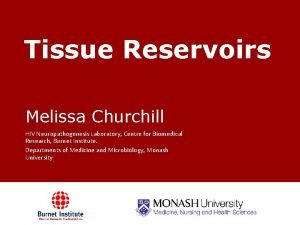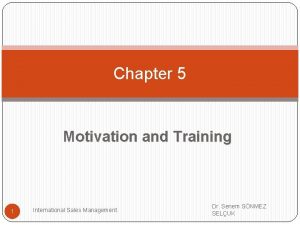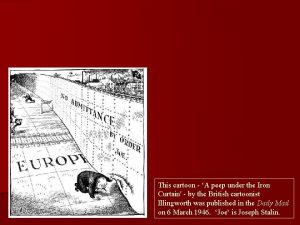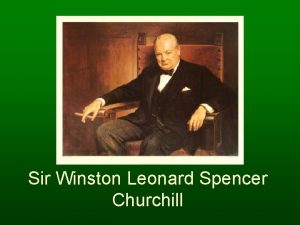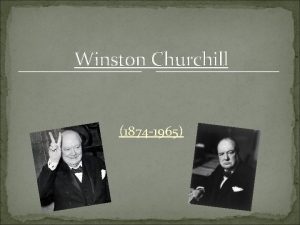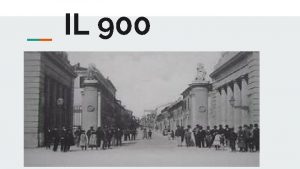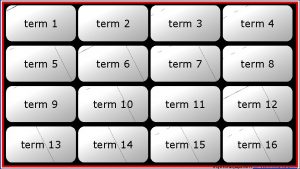EN 107 Term 2 Week 3 Caryl Churchill










- Slides: 10

EN 107, Term 2 Week 3 Caryl Churchill, Top Girls

Today’s class • Second essay • Top Girls (1982) • Student presentation • Context: 1982 • Discussion

Date: 1982 • Context as question: how does Top Girls look back at issues we’ve seen before?

Date: 1982 • Thatcherism and the 1980 s • Still in a sense dominant economic, cultural paradigm • Neoliberalism: new understanding of “freedom” • In: economic, military • Out: social • In effect: focus away from regions, towards capital

New card: Doubling • Very specific feature of plays: same actor assigned to different parts • Partially function of utility… • …yet contrasts often implied • What can we make of the doubling in Top Girls? (pg. 2)

New card: America • How does this play, if at all, reference America? • Favorable/superior • Negatively

Ensemble • Why are these characters together? • What characters are on stage at any given moment? • Who understands other characters’ dialogue, and who fails to? • Are there multiple overlapping worlds onstage? • Characters in multiple times, places, settings • What juxtapositions are created?

Plot (revised) • Does the play possess a consistent plot? • Is this plot fulfilled? • Sequence • Sequential • Non-sequential • Sequence unclear • What part of the play’s plot occurs onstage? What part takes place offstage? • Why does the play choose this particular part of the plot— why significant?

Gender • Does the play specify gender for its characters? • How are the play’s characters divided by gender? • Are the opportunities for performance divided by gender? • How, if at all, is the audience addressed in regards to gender? • How does gender intersect with class?

Class • Does the play assign class to the characters? (If not: significant? ) • To what social classes do the various characters belong, and how are these expressed? • • Speech Embodiment Action Attention of play • How, if at all, is the audience addressed in regards to class? • How does class intersect with gender?
 Vinegar tom analysis
Vinegar tom analysis Caryl rusbult
Caryl rusbult Week by week plans for documenting children's development
Week by week plans for documenting children's development Ethos examples
Ethos examples Melissa churchill
Melissa churchill Quotas can act as a motivator as well as demotivator
Quotas can act as a motivator as well as demotivator Churchill chancellor of the exchequer
Churchill chancellor of the exchequer A peep under the iron curtain cartoon analysis
A peep under the iron curtain cartoon analysis Basic marketing research churchill
Basic marketing research churchill Basic marketing research churchill
Basic marketing research churchill Churchill zürichi beszéde
Churchill zürichi beszéde


